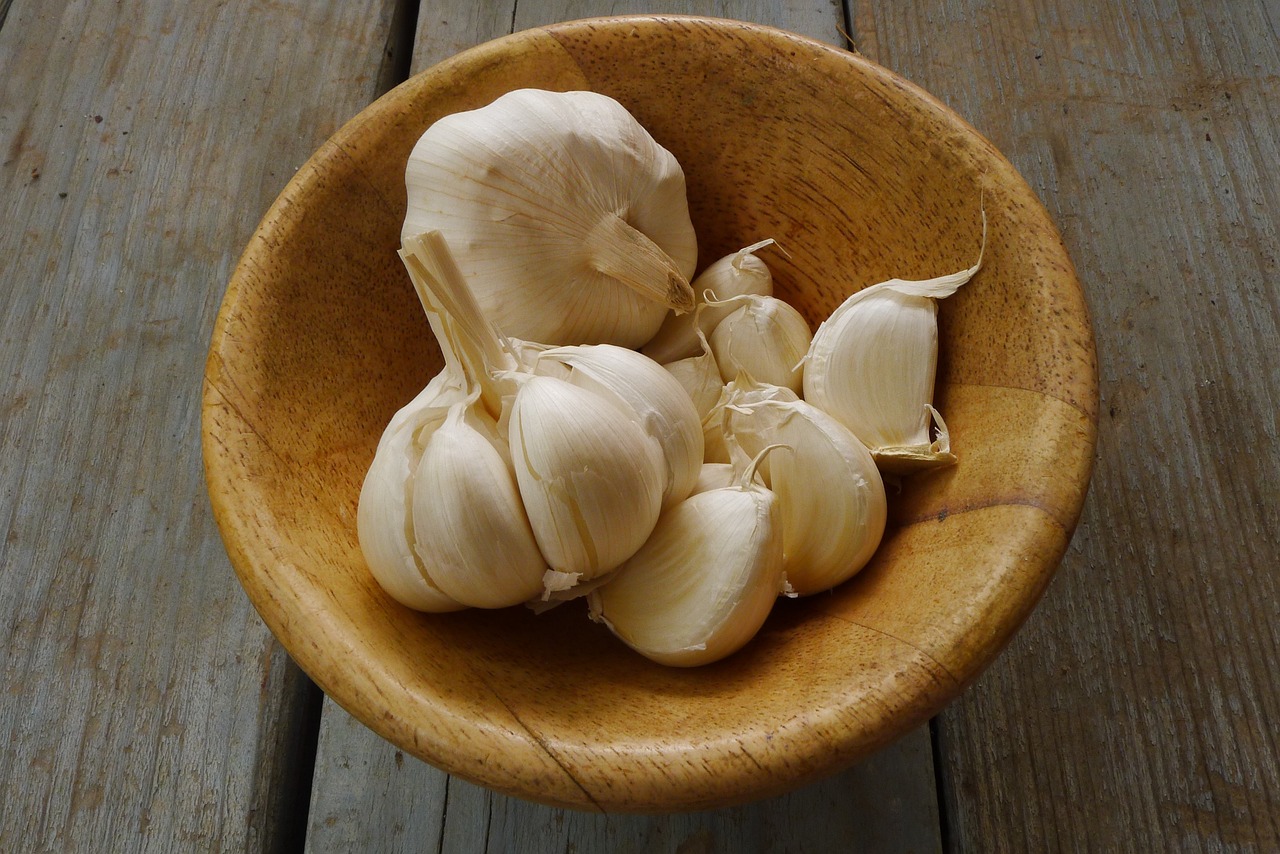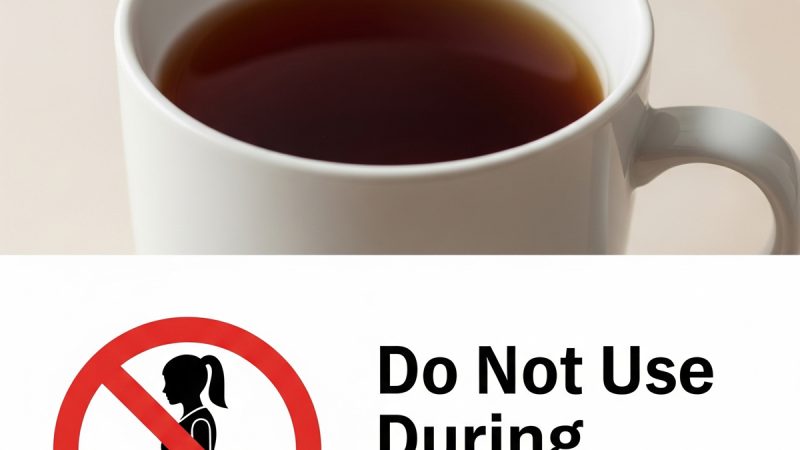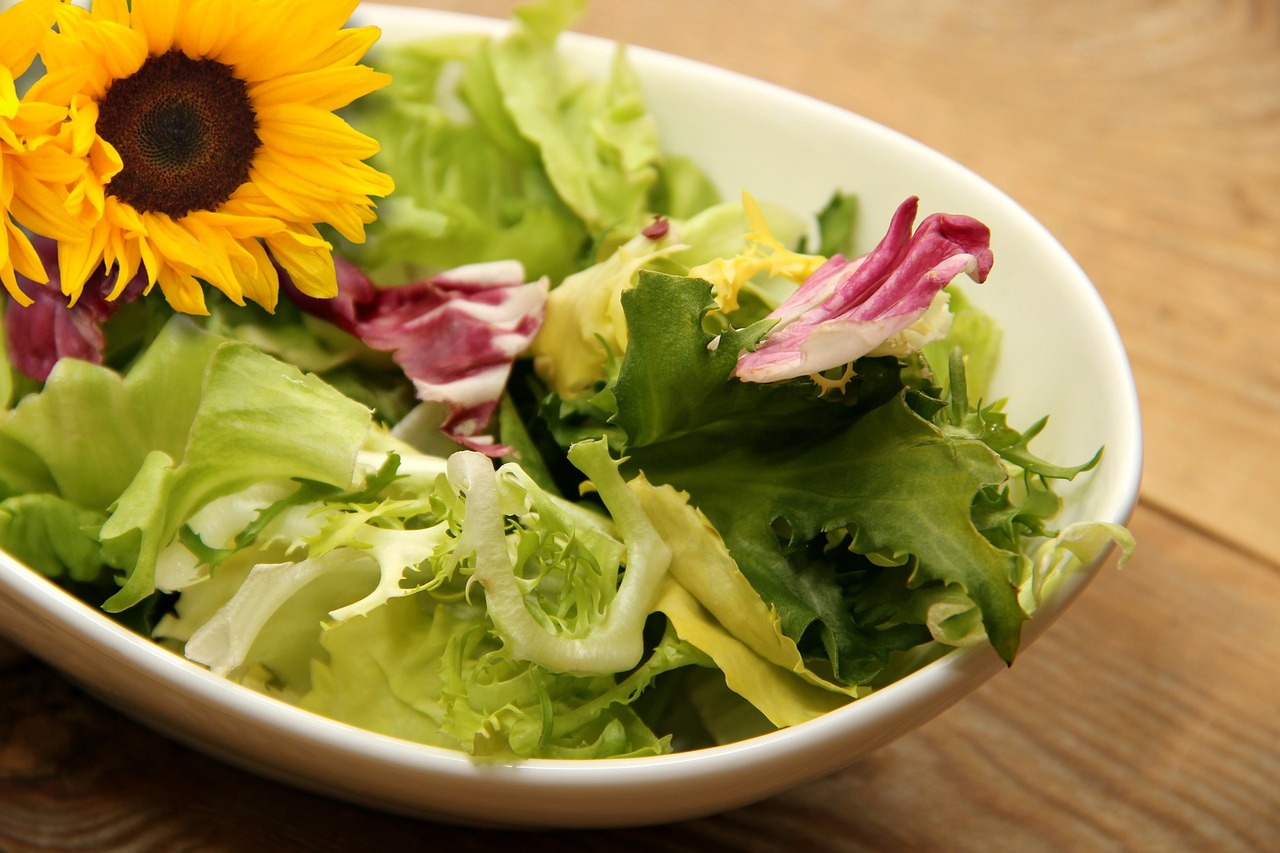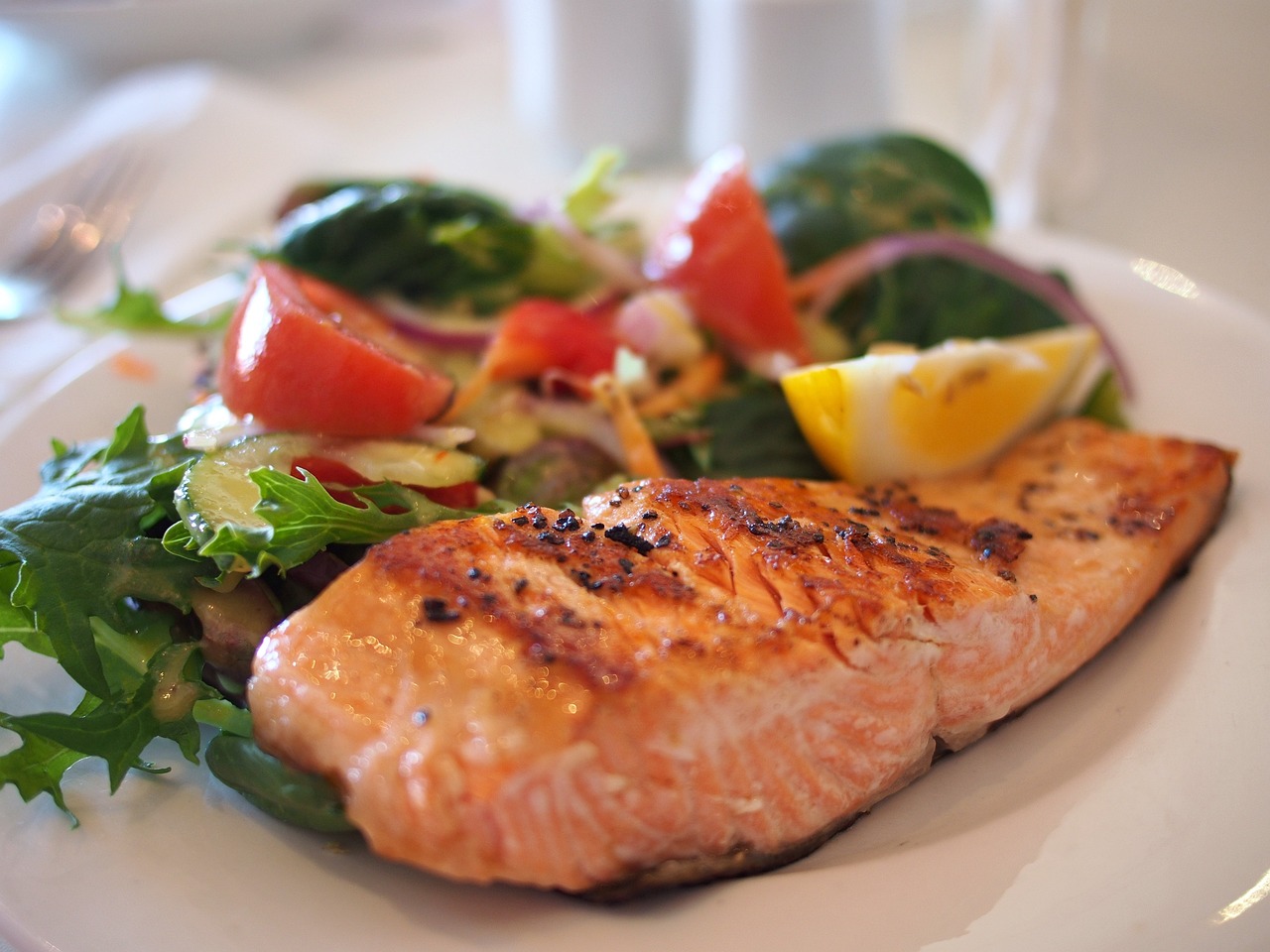The Good and Bad of Garlic: Understanding its Positive and Negative Side Effects

For centuries, garlic has been celebrated not only for its distinct flavor but also for its medicinal properties. While this powerful ingredient can offer numerous health benefits, it’s also important to be aware of its potential negative side effects. The key to unlocking its benefits is understanding how to consume it safely and in moderation.
The Positive Health Effects of Garlic
The active compound in garlic, allicin, is a sulfur compound responsible for many of its health-boosting properties. Here’s a look at the major benefits of including garlic in your diet:
- Heart Health: Garlic is widely studied for its cardiovascular benefits. It may help lower “bad” LDL cholesterol and can contribute to lowering blood pressure by helping to relax blood vessels, which reduces strain on the heart.
- Immune System Support: Packed with antioxidants and sulfur compounds, garlic can help strengthen your immune system, making your body more resilient to common illnesses and infections.
- Anti-inflammatory & Antimicrobial Properties: Garlic has natural anti-inflammatory effects that may help reduce symptoms associated with conditions like arthritis. Its antimicrobial properties also make it a potent natural remedy for fighting bacterial and fungal infections.
- Brain Function & Chronic Disease Prevention: Some studies suggest that garlic may improve cognitive function and help protect against age-related mental decline. The powerful antioxidants in garlic may also play a role in preventing certain types of cancer.
The Negative Side Effects to Be Mindful Of
While generally safe, consuming large amounts of garlic can lead to some undesirable side effects. Be aware of the following, especially if you eat it in large quantities or raw:
- Digestive Issues: The compounds in garlic can cause stomach upset, bloating, and gas in some people.
- Bad Breath: Garlic contains a specific compound called allyl methyl sulfide, which can be absorbed into the bloodstream and released through the lungs, causing persistent bad breath.
- Blood Thinning: Garlic has natural blood-thinning properties. If you are taking blood-thinning medication or are scheduled for surgery, it is crucial to use garlic cautiously to avoid issues with blood clotting.
- Risk of Anemia: In rare cases, eating excessive amounts of raw garlic can lead to hemolytic anemia, a condition where red blood cells are destroyed too quickly. This risk is higher in individuals with G6PD deficiency.
- Skin Irritation: Topical application of garlic oil or raw garlic can cause skin irritation or allergic reactions in sensitive individuals.
A Note on Responsible Use
Garlic can be a powerful addition to a healthy diet. However, like any natural remedy, it’s essential to consume it in moderation. For anyone considering using garlic supplements for a specific health condition, it is highly recommended to consult a medical professional first.
Sources
- “Garlic: Uses, Side Effects, Interactions, Dosage, and Warning.” WebMD, www.webmd.com/vitamins/ai/ingredientmono-300/garlic.
Disclaimer: This article is for informational purposes only and is not a substitute for professional medical advice, diagnosis, or treatment. Always seek the advice of your physician or other qualified health provider with any questions you may have regarding a medical condition.
The Author:
Pioneerthinking.com: Ingredients for a Simple Life. Insights from a seasoned professional rooted in country living, with 28 years of horticulture expertise and over two decades of practical experience in homesteading, natural beauty, natural health, cooking and creative living.
Photo. Pamela Debutler








